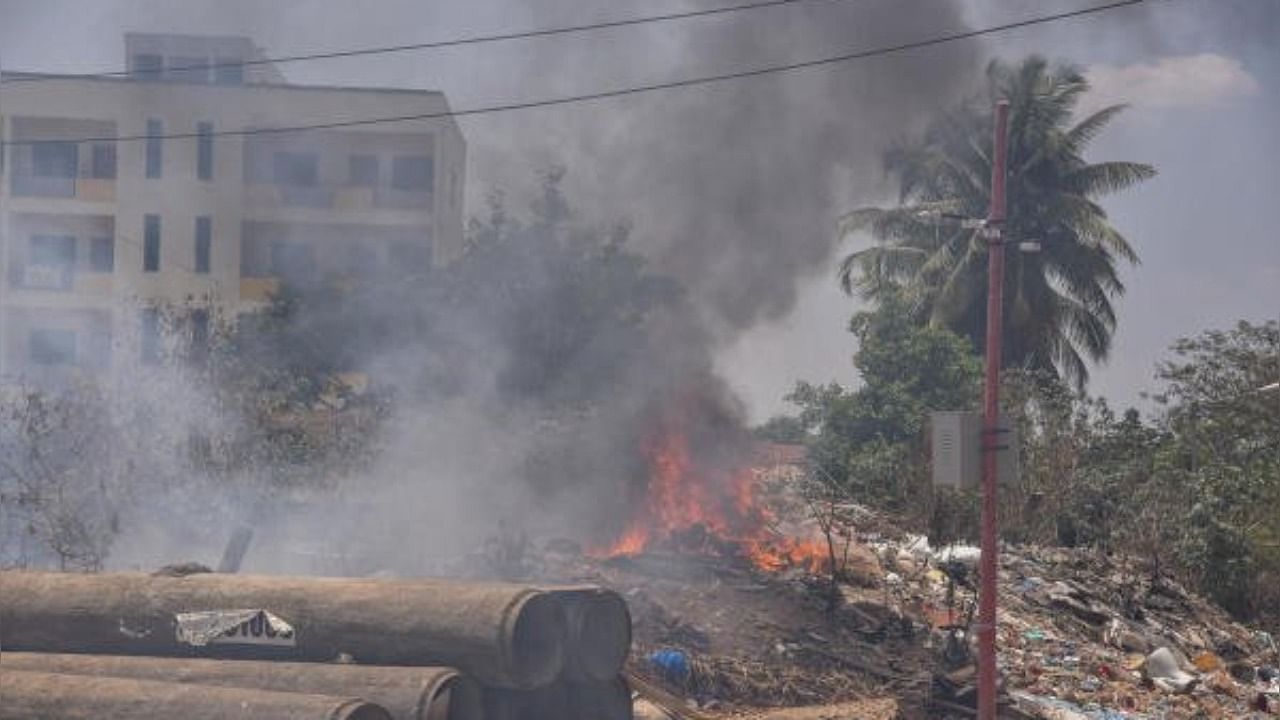
Disposal of e-waste and industrial effluents has been a problematic issue for decades. The big gaps in the solid waste management system of Bengaluru has only complicated matters. How do Bengalureans perceive this problem and what are their suggestions to find a way out? DH gets into interaction mode to find out.
Aishwarya J, a resident of Hulimavu, has this to say: “Waste management has been one of the things that we have been terrible at doing. We don’t deal with it scientifically. We just take the waste and dump it in another location outside the city.”
She wonders what is achieved by this method. “What’s the difference when you dump it inside the city or on the outskirts? The waste particles simply float in the air and come back as another form of pollutant,” Aishwarya points out.
As for e-waste management, she believes it should be the government’s job and not outsourced to some private companies. “Yes, I appreciate the work done by waste start-ups. But how does an uneducated person approach them? They just throw old used batteries and chips in dustbins. The old cells that are high in mercury can cause severe harm to the environment.”
Dasarahalli resident Vinutha K S offers a different view, contending that waste management has vastly improved over the years. “The BBMP has done a very good job in collecting the industrial waste and solid wastes around the city. The Palike is also doing quite well in disposing them too.”
The waste pickers, she says, visits houses in the morning in every part of the city. “The city is clean and hygienic because of them. E-Waste management has also improved a lot. In fact, India has the potential to become the global leader in this field. Yes, the disposal methodology can be improved but considering that we are a developing country, we are doing quite well.”
Shabnam, who works as a nurse, talks about the problem from a medical perspective: “The waste management at our hospital has been well organised. We dispose of every syringe and biomedical waste methodically. Every safety measure mandated by the World Health Organisation (WHO) is followed. We don’t want anyone to be harmed especially during these unpleasant times.”
However, observing black spots all around, Peenya resident Manoj C blames it on ‘the worst form of waste management. Even small, developing countries have better strategies than us.”
The waste generated by industries is much more complex than domestic garbage, he says. “There are hazardous chemicals in industrial waste. They are dumped in vacant sites, which is dangerous. On many occasions, I have called the authorities to alert them but no one responds. Unattended, these can cause severe damage to the environment and even animals.”
Manoj is certain that the public should treat the waste carefully, especially during the Covid-19 times. “At least the biomedical and industrial waste need better care in treatment both by the public and the government,” he adds.